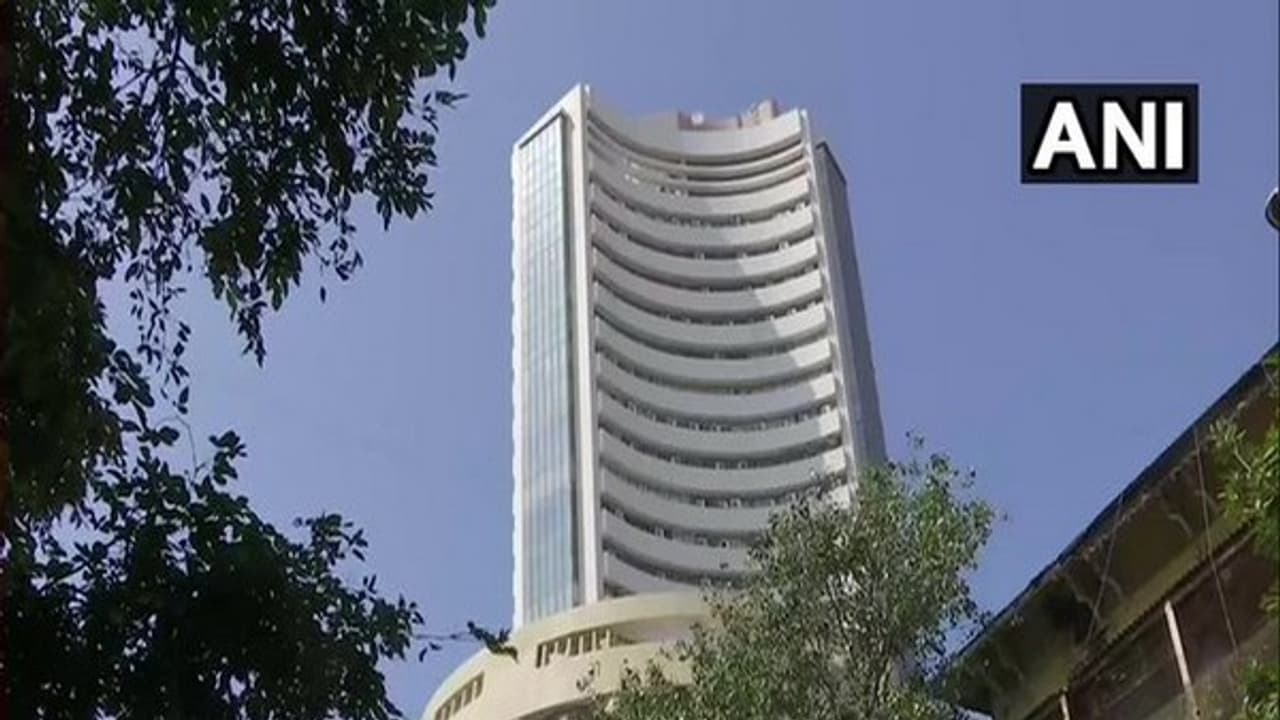Indian stock markets opened marginally higher, rebounding from oversold levels despite weak global cues and foreign investor outflows.
Indian stock markets opened with marginal gains on Monday as the indices rebounded from oversold levels despite ongoing foreign portfolio investor (FPI) outflows and weak global cues. The NIFTY 50 index opened at 24,596.05, showing a slight increase of 30.70 points or 0.12 per cent. Meanwhile, the BSE Sensex began the day at 80,765.83, with a modest gain of 165.92 points or 0.21 per cent.
Experts attributed the opening gains to a technical bounce after the Indian markets turned extremely oversold. However, they warned that the recovery may not be sustainable unless supported by a positive shift in global sentiment.
Banking and market expert Ajay Bagga told ANI, “Indian markets are facing headwinds of a challengingly high US tariff on a major portion of goods exports, a risk-off sentiment in global markets, FPI outflows from the secondary markets even as a segment of FPIs continues to invest in the primary and QIP offerings robustly, and below forecast earnings.”
He further said, “Though key support levels are broken, the Indian markets are at extremely oversold levels. The five weeks of consecutive falls in Indian stocks is the second longest streak in the history of Indian markets. As such, we expect a bounce later in the week, though whether that is durable will depend on global sentiment and outlook.”
Market sentiment is also being closely watched ahead of the Reserve Bank of India (RBI) policy meeting later this week.
Bagga added, “There is space for a cut, but RBI may hold its hand and wait for tariff clarity before cutting again. Hence, the chances of a rate cut on the 6th are evenly balanced for now.”
In the broader market, Nifty 100 opened with a gain of 0.24 per cent, Nifty Midcap 100 rose by 0.35 per cent, and Nifty Smallcap 100 increased by 0.18 per cent.
Among sectoral indices, all except Nifty IT were in the green. Nifty IT declined by 0.33 per cent. Nifty Auto gained 0.47 per cent, Nifty FMCG rose by 0.19 per cent, Nifty Metal surged by 0.57 per cent, and Nifty PSU Bank climbed by 0.72 per cent.
On the global front, market sentiment took a hit after the release of the US July jobs report, which showed sharply slower payroll growth.
Revisions to prior months shaved off 258,000 jobs, indicating a more severe slowdown in the labour market than previously expected.
The Non-Farm Payroll report often undergoes revisions due to delayed corporate data, and this time the changes were significantly lower for the last two months.
The development triggered a political response, with President Donald Trump firing the US Bureau of Labor Statistics head, calling for someone “much more competent and qualified.”
Analysts warned that questioning public statistics could damage market confidence, as the US data is considered a global benchmark.
Markets did not react positively to the news.
In bond markets, the 2-year US Treasury yield fell sharply by 18 basis points to 3.68 per cent, the steepest drop since December 2023. This signaled a flight to safety and a repricing of expectations regarding the Federal Reserve’s next move.
Tensions also rose geopolitically after Trump announced that he had deployed nuclear-capable submarines to “appropriate regions” in response to a threatening statement by Russia’s former president Dmitry Medvedev.
However, markets were not overly concerned by the statement, treating it as a rhetorical move for now.
SEBI-registered analyst and Alphamojo Financial Services founder Sunil Gurjar noted that the Nifty benchmark closed out its fifth consecutive week in the red, marking a losing streak not seen since August 2023. “The Nifty 50 did not perform well last week, falling by 271 points. This back-to-back decline indicates fear and strong selling pressure across the sector,” he said.
He added, “A breakdown below the support level of 24,650 would further signal a strong downtrend in the sector. Technically, while the price is trading above its 200-EMA, it is trading below short-term key moving averages, further suggesting more short-term downtrend.”
In other Asian markets, Japan’s Nikkei 225 index declined by 1.3 per cent, Taiwan’s Weighted Index dropped 0.54 per cent, while Singapore’s Straits Times rose by 0.68 per cent. Hong Kong’s Hang Seng Index gained 0.24 per cent and South Korea’s KOSPI increased by 0.93 per cent.
All eyes remain on the RBI policy announcement on August 6 and further global cues in the days ahead.
